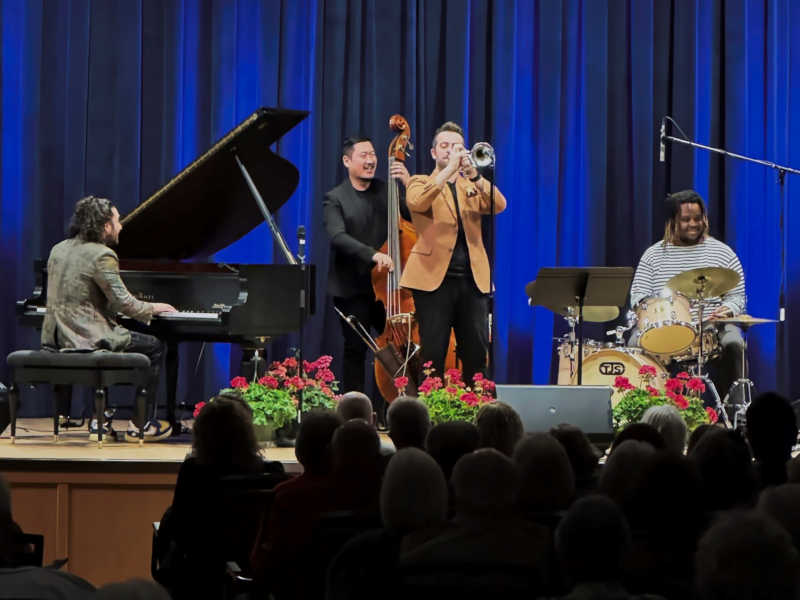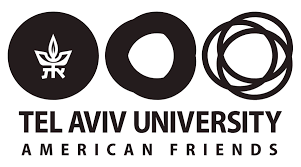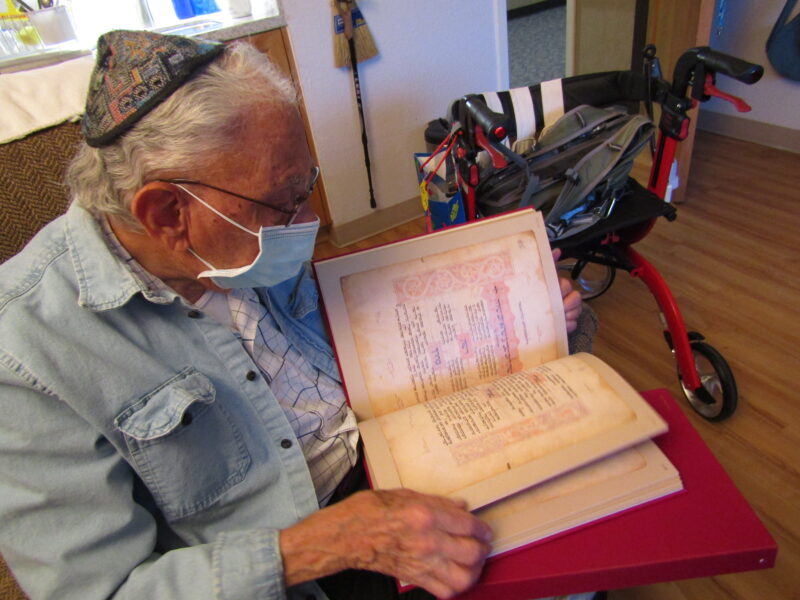Do unto others as you would have them do unto you. The Golden Rule. Seems simple enough, yet decades of wars and unrest worldwide prove that it is hardly simple at all.
The Arizona InterFaith Movement is honoring individuals in six categories at their March 25 Golden Rule Awards Banquet. Among them is Oskar Knoblauch, a Holocaust survivor who has shared his story with more than 10,000 students in the Valley during the last few years.
He relives his past, as he says on his website, “because of the need to educate our youth to become the voice against prejudice and bullying. I am honored to be asked to come into classrooms and auditoriums to speak to children and adults of all ages about my book and details of the Holocaust.”
Oskar has compiled his memories into a book entitled A Boy’s Story, A Man’s Memory: Surviving the Holocaust. He is being honored because of his selfless, continued efforts to educate the next generation about what happened and to reinforce that it can never be allowed to happen again.
Local educators praise his work.
“This story of unimaginable horrors, told with such depth of detail and, most surprisingly, with compassion and forgiveness for those who were his tormentors, leaves one in awe,” wrote Irving Elementary teacher Elizabeth Hendrickson. The Mesa teacher’s review is one of many positive comments from Arizona teachers about Oskar’s book.
Chandler teacher Lindsay Taylor, of Summit Academy, said, “Oskar’s message woven throughout this book – one of beauty in the face of terror; hope in the face of loss; humanity in the face of depravity – is one that every single reader of any age can learn from and cherish. Yours is a story none of us will ever forget.”
When Oskar is invited to schools to speak as a survivor, he incorporates an anti-bullying message into his presentations. When he talks to students about the daily horrors of the Holocaust he experienced firsthand, he also tells them about “the people who helped us and those who hated us or were indifferent to what was happening all around us.”
Born in 1925 in Leipzig, Germany, he says Jewish kids were verbally bullied even before Hitler took control of Germany in 1933, which added a new dimension to the persecution. After three years under Nazi German rule, the family fled to Krakow, Poland.
“Verbal bullying by Polish teens continued up to World War II,” Oskar says. “With the German occupation of Poland (September 1939), bullying became viral and dangerous throughout Poland, turning from verbal to physical, especially after we were ordered to wear the Star of David on our right forearm. Name-calling, spitting into our faces, throwing rotten food and beating us … became a daily routine. Authorities and the Polish population at large did not stop or interfere. Pleading with the groups of bullies did not help.
“One day in desperation while surrounded again and waiting for my regular dose of insults and beating, I stood straight and with a forced smile on my face said to them, ‘I don’t care what you call me, and I don’t care what you do to me, I am proud to be a Jew,’ pointing to the Star of David on my arm. Those must have been the right words! To this day I can see their disappointed faces. Those hoodlums did not expect me to say this. Verbal insults continued, but the physical abuse had stopped.”
Oskar encourages students to apply this message. He urges youth to tell those who seek to bully them that “You are proud of who you are, you are proud of your heritage and culture, and proud to be an important member of the human race. … after having said that, just walk on with your head high in the sky!”
Oskar says he tossed the word hate out of his vocabulary the day he became a free man at the end of World War II, and he suggests his listeners do the same.
“I also remind students of a few words, which in my opinion are of great importance. Words such as respect, love, tolerance, courage, hope, equality and freedom!”
He says he knows those messages resonate with young and old alike, because of the thousands of letters he has received from students of all ages.
“Knowing that the message is changing some of those listeners is proof that I must be spreading the right words,” says Oskar. “I will continue this work as long as I can.”





